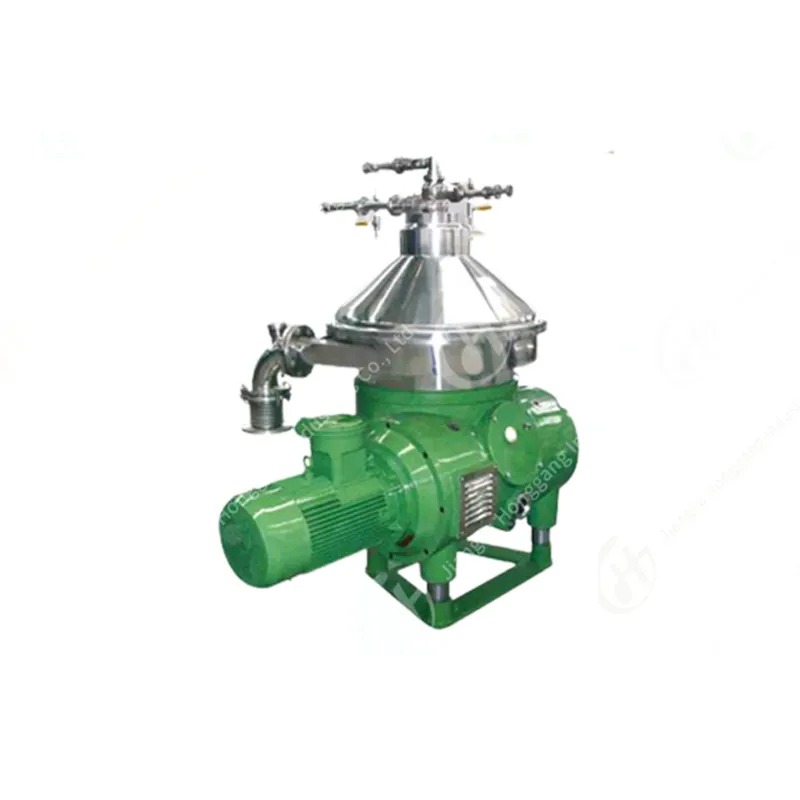Discover How Biological fermentation Equipment Converts Inexpensive Plant-Based Agricultural By-products into High-Quality Feed
2025-09-05
Discover How Biological fermentation Equipment Converts Inexpensive Plant-Based Agricultural By-products into High-Quality Feed
In the global shift toward sustainable agriculture and efficient resource utilization, biological fermentation equipment is playing an increasingly critical role. Farmers, feed manufacturers, and livestock producers are seeking solutions that reduce costs, increase nutritional value, and minimize environmental impact. One of the most promising technologies driving this transformation is the use of biofermentation equipment to convert inexpensive agricultural and sideline products into nutrient-rich fermented feed.
At JIANGSU SOHO HONRY WUXI CO., LTD., we specialize in developing cost-effective biological feed equipment that enables high-efficiency feed protein production from plant waste, improving not only the economics of animal feed manufacturing but also its nutritional and ecological value.
From Waste to Wealth: The Value of Agricultural By-products
Agricultural and light industrial sectors generate vast amounts of plant-based by-products—corn stalks, soybean meal residues, wheat bran, sugar beet pulp, and many others. Traditionally, these materials are discarded or underutilized due to their low digestibility or nutrient density in raw form.
However, when processed through biological fermentation equipment, these by-products are transformed into high-quality feed. The fermentation process breaks down complex macromolecules—proteins, fats, and polysaccharides—into smaller, more digestible compounds like organic acids and soluble polypeptides. The resulting feed is more bioavailable for livestock and contains a higher concentration of beneficial viable bacteria, improving gut health and growth performance.
How Biological Fermentation Equipment Works
Under controlled, artificial fermentation conditions, SOHO HONRY’s biological fermentation equipment utilizes selected microbial strains to break down plant-based feedstock. Here's how it works:
1. Input of Agricultural and Sideline Products
Low-cost, readily available materials like crop stalks and by-products are fed into the fermentation chamber.
2. Microbial Fermentation Begins
Through enzymatic and microbial activity, the system degrades macromolecules into small-molecule nutrients, such as amino acids and organic acids.
3. Nutrient Enrichment Phase
Beneficial microorganisms multiply, enriching the feed with high-active probiotics and increasing its nutritional value.
4. Final Output
The output is nutrient-rich fermented feed—easy for animals to digest and assimilate, while also improving immunity and gut flora.
Our Equipment’s Strengths
At SOHO HONRY, we focus on delivering practical, efficient, and reliable fermentation systems tailored to the needs of feed production enterprises. Based on real product features, here are the key advantages of our biological fermentation equipment:
1. Stable and Controlled Fermentation Process
Our biological fermentation equipment supports microbial fermentation under adjustable, controlled conditions. Temperature, moisture, and retention time can be fine-tuned based on raw material types and production requirements, helping ensure consistent feed quality.
2. Adaptability to Plant-Based Agricultural By-products
The machine is designed to handle various agricultural and sideline materials such as stalks, meal residues, and bran, making it easier for producers to turn low-cost biomass into usable feed resources and nutrient-rich fermented feed.
3. Straightforward Operation and Maintenance
The equipment structure is simple and easy to maintain. Operators can monitor and manage the fermentation cycle with minimal training, ensuring smooth operation in daily production.
4. Integration-Friendly Design
The system can be linked with other upstream and downstream equipment, such as mixers, dryers, or pelletizers, to form a semi-automatic or continuous feed processing line.
Why Fermented Feed is a Better Alternative
Modern livestock farming requires not only high-yield feed but also feed that improves animal health and minimizes disease risk. Fermented feed has been proven to:
l Enhance nutrient absorption and digestion
l Improve gut microbiota balance
l Increase feed intake and weight gain
l Reduce harmful pathogens in the digestive tract
l Replace antibiotics in some feeding programs
By adopting nutrient-rich fermented feed, farms experience improved production efficiency, reduced mortality rates, and healthier animals—directly impacting profitability.
Applications Across the Feed Industry
SOHO HONRY’s biological fermentation equipment is widely used in:
l Animal feed manufacturing plants
l Integrated farming systems
l Organic and green agriculture projects
l Aquaculture feed processing
l Custom feed formulation facilities
Whether you're a feed mill owner or a livestock farmer, this technology allows you to convert agricultural waste into valuable feed protein, while enhancing the sustainability of your operation.
About SOHO HONRY
JIANGSU SOHO HONRY WUXI CO., LTD. is a professional mechanical equipment manufacturing company. We design and produce a wide range of industrial machines used across various applications. With a focus on reliable quality and practical performance, our products are built to meet the operational needs of manufacturers worldwide. Each piece of equipment undergoes strict quality control to ensure stable operation and long-term durability.
Start Your Feed Transformation Today
If you're looking for a cost-effective biological feed equipment solution that transforms plant waste into high-protein, nutrient-rich fermented feed, contact SOHO HONRY today.
We offer technical consulting, customized system design, and ongoing support to ensure your success in biological feed production.




